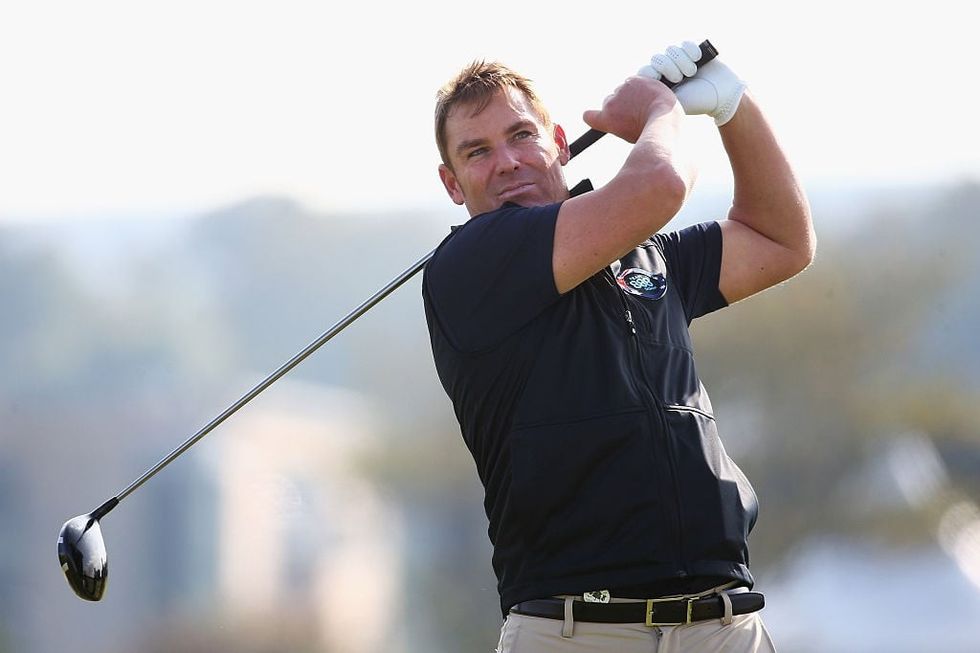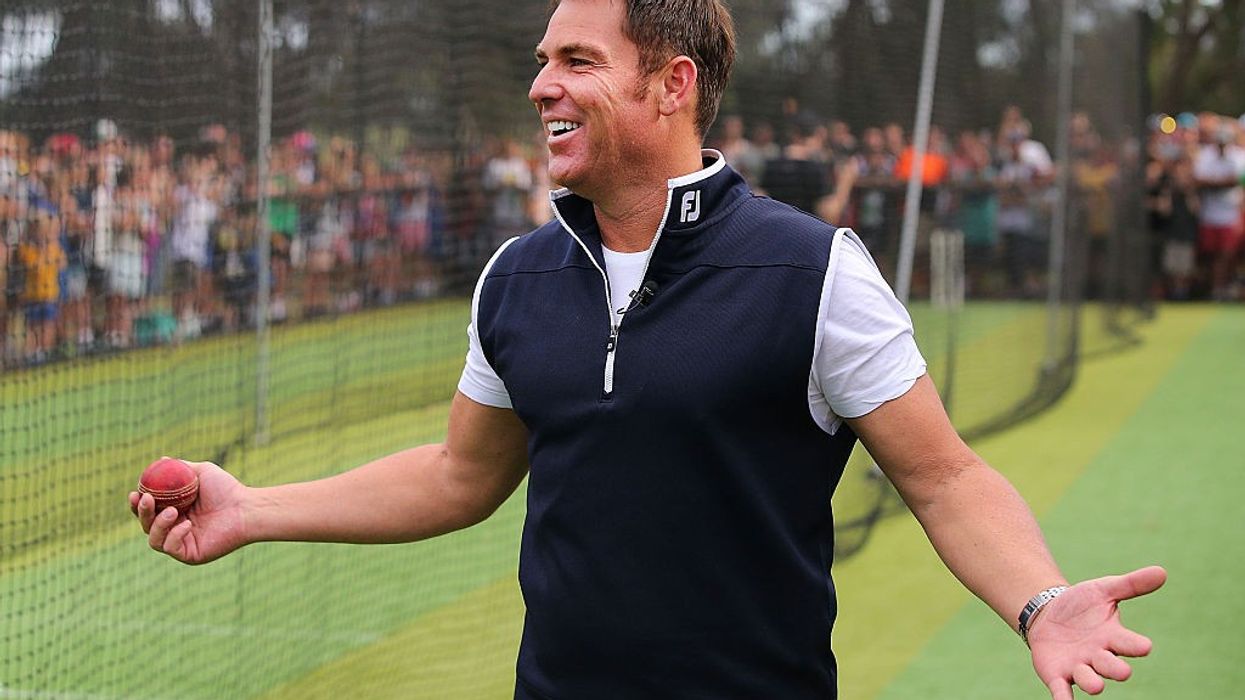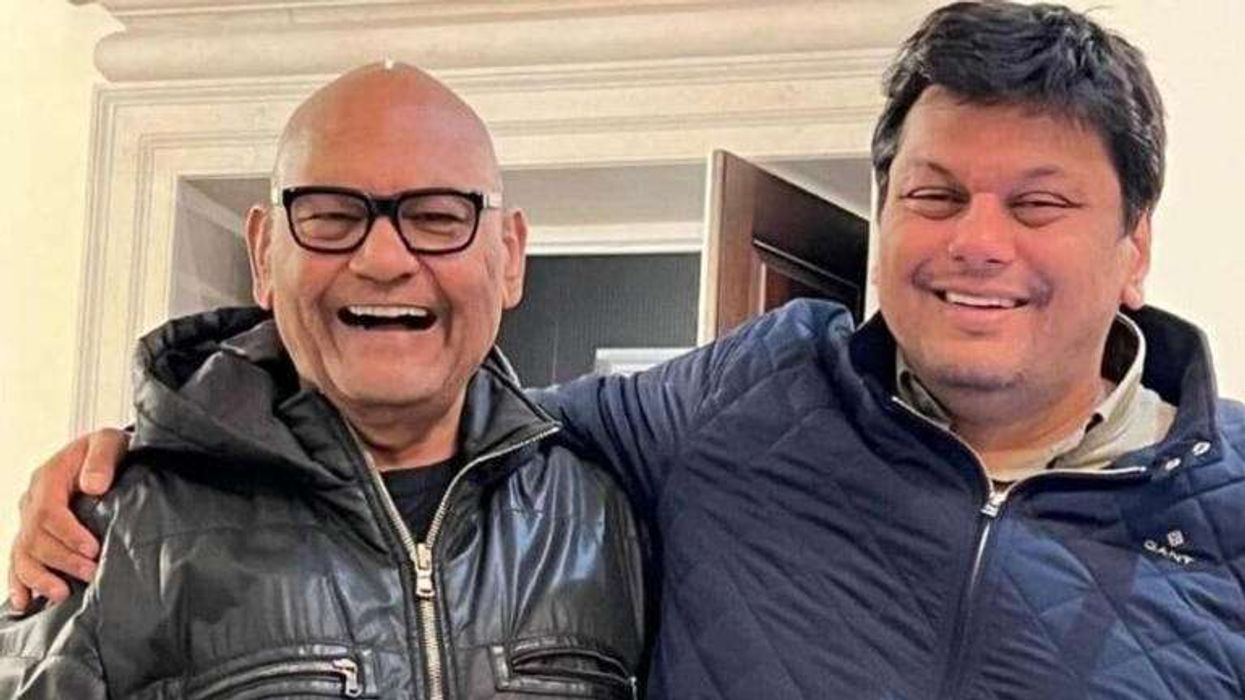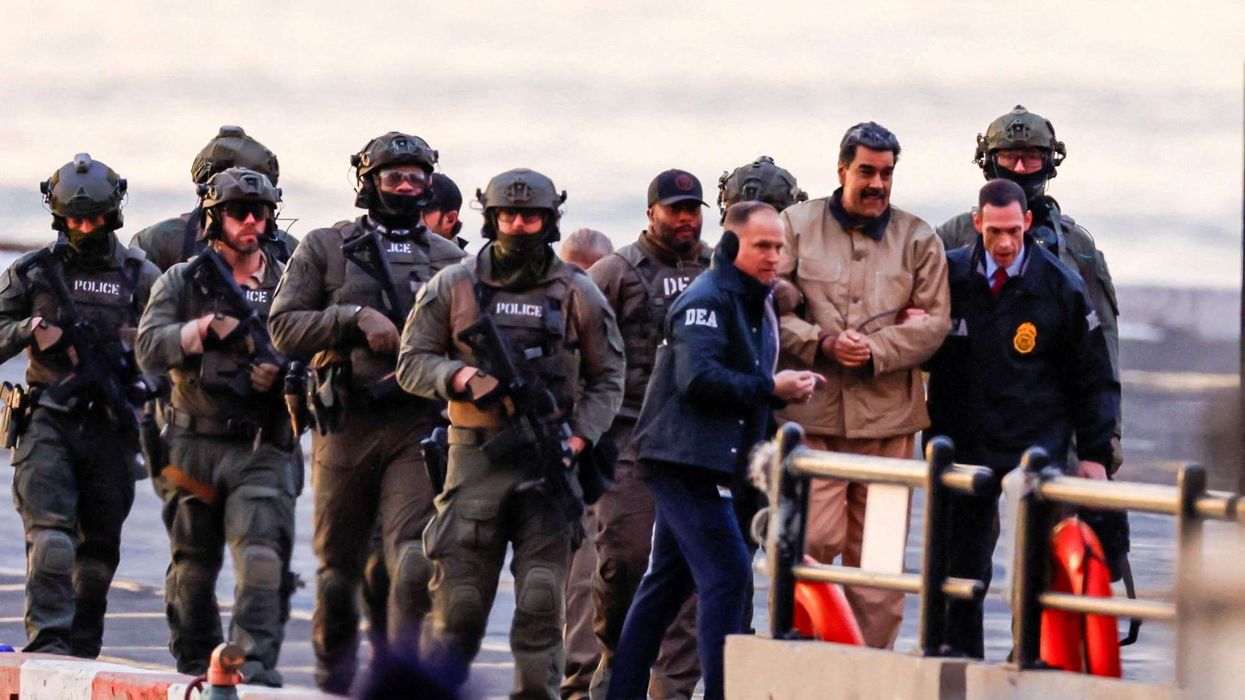SHANE WARNE was not only one of the greatest cricketers ever to play the game but he can also probably be credited with saving the art of spin bowling in a sport that had become dominated by relentless pace.
His extraordinary figures tell the first half of the story and the proliferation of leg-spin bowlers, at the sharp end of the attack in almost every form of the game now, shows the other.
Warne died at the age of 52 from a suspected heart attack on Friday (4), hours after tweeting his love to the family of another Australian test legend, wicketkeeper Rod Marsh, who died on Thursday (3).
Warne wrote that Marsh was "an inspiration to so many young boys and girls" - an epitaph that the peerless leg spinner deserves 10-times over.
Warne finished his career with 708 wickets in 145 tests, a record that was later broken by Sri Lanka's Muttiah Muralitharan (800), which included a career-best of 8-71 against England at the Gabba.
He also picked up 293 ODI wickets and won the World Cup with Australia in 1999.
Warne too was a handy late-order batsman. Though his test average was only 17.3, he took the role seriously and holds the record for the most test runs (3,154) without a century - his highest score being 99.
Of those 708 wickets, none would or could have made more impact than his first Ashes wicket, the infamous "ball of the century" that pitched outside leg stump and took off to shatter England batsman Mike Gatting's off peg at Old Trafford in the 1993 series.
Never before had a new talent blasted onto the scene in such devastating style.

Warne went on to become part of an all-conquering Australia side, with the likes of Glenn McGrath and Jason Gillespie delivering relentlessly accurate pace attack that left Warne to rip into the worn-down batsmen.
When their job was done, the formidable batting lineup, headed by the likes of Mark Taylor, Justin Langer and Ricky Ponting, built totals that were a bowler's dream and opened the door for Warne to clean up and win match after match, series after series.
His endlessly repeatable action meant he could bowl marathon spells and such was his accuracy that, alongside being a demon attacking weapon, he was also parsimonious in terms of leaking runs - another unusual aspect for a spinner that made him effective in one-day games.
It was not all plain sailing, however, as in 2003 he failed a doping test for a diuretic and was banned from all cricket for a year - ruling him out of Australia's defence of the World Cup.
He returned from the layoff refreshed and fit and continued to take big hauls as he became the game's all-time leading wicket-taker in a cat-and-mouse competition with Muralitharan.
His final test was at Sydney in 2007 when he took his 1,000th international wicket in all forms of the game.
His career continued in T20, where he was a hugely popular captain of the Rajasthan Royals in the IPL, having also made friends with his oldest enemies in England as captain of County side Hampshire.
Having got a taste for broadcasting during his ban year, Warne became a hugely respected pundit after his retirement, never happier than when analysing the delivery of the latest spinner to follow in his footsteps.
(AFP)







 www.easterneye.biz
www.easterneye.biz





